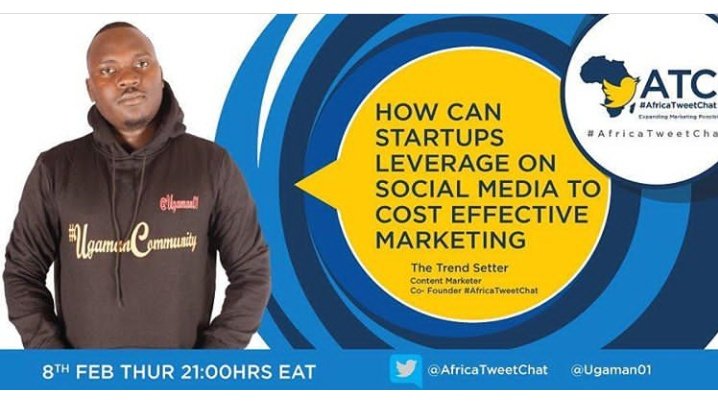The speech is cheery metaphor. “our stern alarums changed to merry meetings!”. Then we aside! It’s us and him, he stares at us and says “I am determined to prove a villain”.
May I ask for your help to unroll this please? It would be...quite the help.





